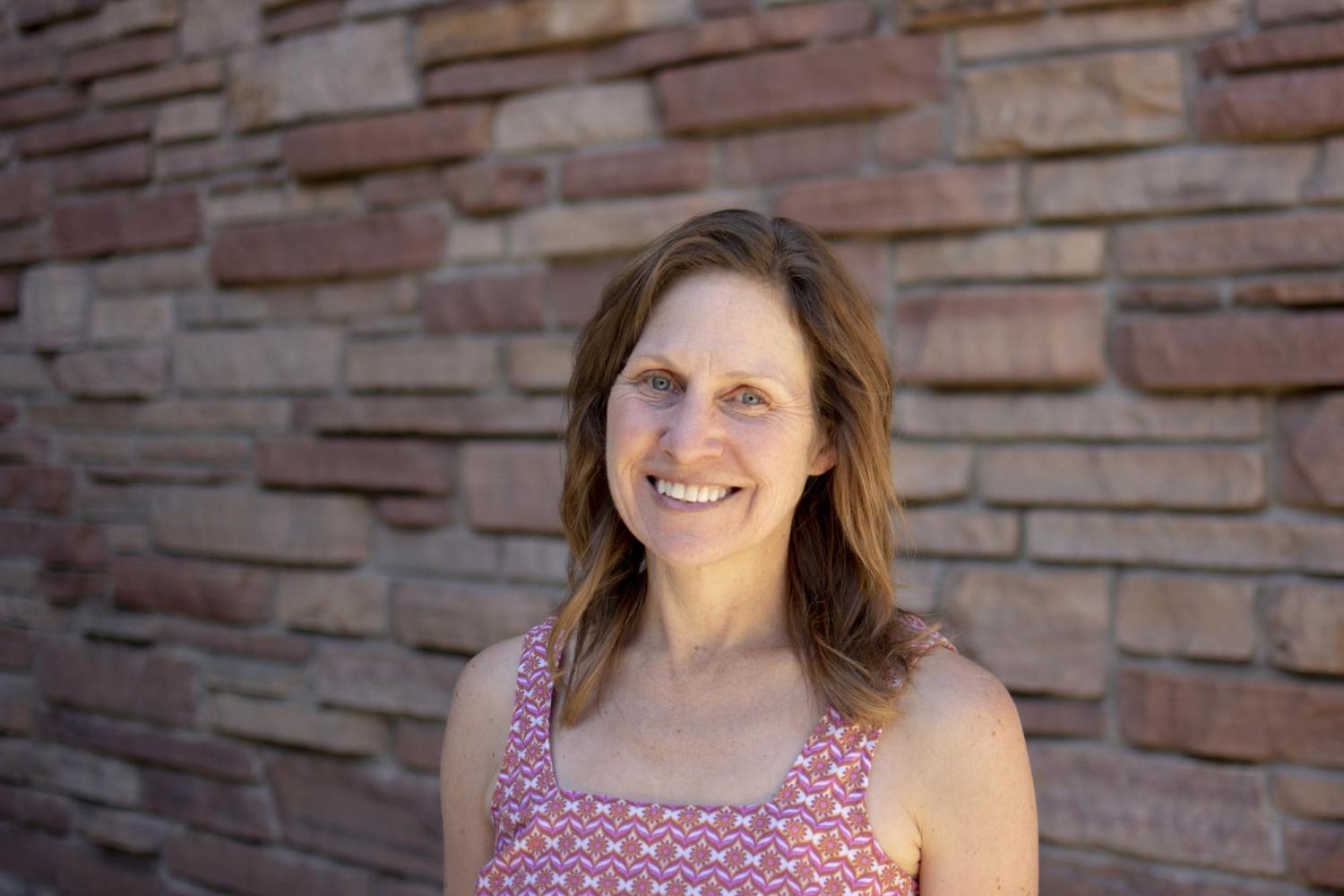Wendy Glenn
- Professor
- LITERACY STUDIES
- HUMANITIES EDUCATION

Miramontes Baca Education Building, Room 244C
University of Colorado Boulder
249 UCB
Boulder, CO 80309
Wendy J. Glenn is Professor of Literacy Studies and Past Chair of the Humanities Middle and High School Teaching Plus Licensure (MHST+) and MA Plus Teacher Licensure programs. Her research centers on literature for youth and how story can be used to both foster connection and invite new ways of seeing, doing, and being. She served as President of the Assembly on Literature for Adolescents of the National Council of Teachers of English (ALAN) and Senior Editor of the organization’s peer-reviewed journal, The ALAN Review. Dr. Glenn was named a President's Teaching Scholar in 2023, a Those Who Can Teach Gold Award recipient in 2019, a University Teaching Fellow in 2009, and a Fulbright Scholar to Norway in 2009-2010. She worked with incredible young people as a middle and high school English teacher in the Phoenix metro area.
Education
- PhD Curriculum and Instruction in English Education, College of Liberal Arts and Sciences/ School of Education, Arizona State University, 2001
- MEd Secondary Education, School of Education, Arizona State University, 1994
- BA English, College of Liberal Arts and Sciences/Honors College, Arizona State University, 1992
My scholarly work focuses on literature for youth and how story can be used to both foster connection and invite new ways of seeing, doing, and being. My first line of research centers young adult (YA) literature (fictional texts intended for readers, ages 12-18). I draw upon critical theories (e.g., identity, youth, positioning, place and space, embodiment, restorying) to engage in literary analysis of YA texts to highlight the affordances and limitations of literature published for young people and examine how it is and might be critically incorporated into curricula and classrooms. My second line of research centers work with teachers and students in public school classrooms around how story can support both teachers and students in recognizing, better understanding, and responding to power and privilege in their and others’ lives in and out of the classroom.
My teaching is guided by the assumption that classrooms are sociocultural spaces populated by young people who are shaped by the homes and communities from which they come. As a result, genuine student learning and development are predicated on the creation of a classroom community in which each member feels valued, supported, and capable. When students and teachers work together to build trusting relationships growing from knowledge of and respect for individual needs and interests, opportunities for authentic learning, growth, and humanistic connection are fostered.
CU BOULDER
Boulder Faculty Assembly Intercollegiate Athletics Committee (BFA-IAC) •Elected Member and Chair
Faculty Athletics Fellows Program (FAFP) •Co-Chair (with Dr. Joe Jupille) and Faculty Fellow to CU Volleyball
Buffs One Read Selection Committee •Invited Member
NATIONAL
Assembly on Literature for Adolescents (ALAN) •President-Elect, President, Past President •Senior Editor, The ALAN Review •Founding Chair, Chair, and Past Chair, Amelia Elizabeth Walden Book Award Committee
National Council of Teachers of English (NCTE) •Special Drafting Group, NCTE Statement on Classroom Libraries •Standing Committee Against Censorship •Chair, Special Drafting Group, NCTE Principles for Defending Intellectual Freedom in Education
Glenn, W. J. (Accepted, In press for June 2026). Complicating the country: Rural identities and environmental values in youth fiction situated in rural spaces. International Research in Children’s Literature.
Caasi, E., & Glenn, W. J. (Accepted, In press for Spring 2025). (Re)inscribing ideologies: Examining ideological positioning of Black women athletes in nonfiction for children and young adults. Children’s Literature Association Quarterly.
Glenn, W. J. (2024). Loving the sport, loving the self: Devotion and defiance in Furia. [Special issue: Constructions of childhood(s) in fiction and nonfiction for children]. Literature, 4, 296-305.
Glenn, W. J. (2024). Authorial ideology and intention in presentations of place in YA immigration narratives. Ubiquity: The Journal of Literature, Literacy, and the Arts, 9(2), 9-33.
Glenn, W. J. (2024). “It’s the forgetting that hurts most.”: Home in a narrative of forced emigration. The ALAN Review, 51(3), 42-51.
Glenn, W. J. (2024/2023 online). Fictional girls who play to play: Pushing on narratives of competition in YA sports literature. Sport, Education and Society, 29(8), 923-938.
Glenn, W. J., & Caasi, E. (2023). Teaching with disruptive aims: Countering narratives of Black women athletes in sports nonfiction for young people. The ALAN Review 50(2), 32-47.
Glenn, W. J. (2023). Designs of home: Living spaces as identity-shaping places. English Journal, 112(3), 64-70.
Ginsberg, R., & Glenn, W. J. (2022). “Everything is in us”: Collaboration, introspection, and continuity as healing in #NotYourPrincess. American Indian Quarterly, 46(1-2): 25-63.
Midgette, L., & Glenn, W. J. (2022). “It never starts with machetes”: Interrupting intergenerational transmission of biases through speculative YA fiction. The ALAN Review, 49(2), 30-41. [Recipient of the Nilsen-Donelson Award for best article published in the volume year]
Glenn, W. J., & Caasi, E. (2022). Gendered assumptions in the framing of fitness in sports nonfiction for young adult readers. Children’s Literature in Education, 53, 76-96.

